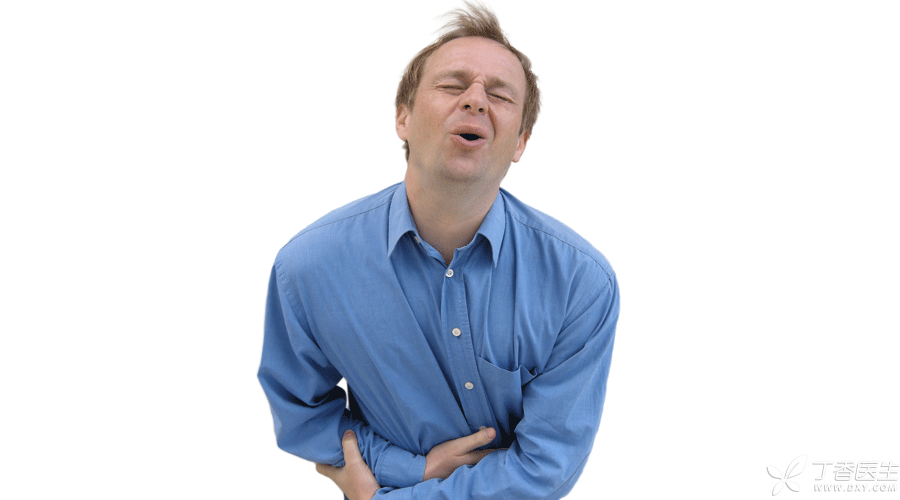
Doctor, I have gallstones, which are always painful. Can you help me take the stones and leave the gallbladder?
Perhaps it is because the concept of “body hair skin, received by parents” is deeply rooted in the hearts of the people, perhaps it is worried that “I can’t eat XXX without gallbladder in the future!” ], and perhaps wishful thinking that [this treatment sounds minimal to the body], more and more gallstone patients are fond of [gallbladder preservation and lithotomy] when they need surgical treatment.
However, surgical treatment has never been as simple as [the knife rises and falls, cutting one piece and leaving one piece]. Whether the gallbladder is cut or not is not up to anyone to decide in a word. It must be analyzed on a case-by-case basis.
Can everyone’s gallbladder be saved?
Although gallbladder-preserving lithotomy is widely favored by patients, it has always been controversial in academia.
1. Opponents: [Gallstone Preservation and Lithotomy] has a high recurrence rate of gallstones,
It has been reported that more than 50% of the patients will have stone recurrence within 5 years after stone removal. Even if screening is carried out, only the functional gallbladder is operated with gallbladder preservation and stone removal, the stone recurrence rate is still as high as 39.6% ~ 41.6% within 5 years after operation.
Therefore, the final result of many people may be that they have tossed and turned, returned to the original point, or had to cut off their gallbladder.
2. Supporters: The high recurrence rate is only because the stones have not been removed.
Supporters believe that if the gallstones are completely removed during the operation and the principle of postoperative suture is strictly observed, the recurrence rate of gallstones 5 years after the operation is only 2% ~ 6%. The so-called high recurrence rate of stones is only because the stones have not been removed completely.
However, the clinical evidence supporting these views is not sufficient at present.
3. Gallbladder: Is it guaranteed or not?
After so many years of arguing and quarrelling, in 2011, the biliary surgery group of the surgery branch of the Chinese medical association published the “expert consensus on the treatment and decision-making of benign gallbladder diseases”, giving such suggestions for the time being as to whether the gallbladder should be resected:
Cholecystectomy is the standard treatment for benign gallbladder diseases, and laparoscopic cholecystectomy should be the first choice.
The practical value of gallbladder lithotomy needs further study, and it is only suitable for emergency treatment under emergency conditions at present.
However, some [new minimally invasive lithotomy] advertised on the Internet are just ordinary gallbladder-preserving lithotomy in its original form and in its original form. We must not believe it just because we are eager to preserve gallbladder.

So if you get gallstones, can you really lose your gallbladder?
Not necessarily.
Most asymptomatic gallstone patients do not need surgical treatment, but it does not rule out that a small number of asymptomatic patients need surgery when their condition develops to a certain extent. Therefore, it is suggested that gallstone patients should go to the hospital for regular reexamination to facilitate doctors to judge the condition and adjust the treatment plan in time.
However, if it is time for surgery, do you want to try other non-surgical methods? Such as drug lithotripsy, lithotripsy, extracorporeal shock wave lithotripsy, etc.?
The current mainstream of medicine does not recommend these methods. Because they not only have low cure rate, but also may lead to more serious complications. Is it worth taking such a big risk to preserve the gallbladder?
Therefore, for gallstone patients with obvious symptoms, gallbladder resection is still the best choice.
If you want to keep your gallbladder, you might as well try these 4 methods early.
It sounds like this gallbladder is really not safe. But never forget the best way-nip in the bud, not sick, the doctor with a knife also don’t know where to fall.
Here are 4 ways to help you prevent gallstones.
1. Eat regularly and get rid of the habit of not eating breakfast.
Long-term skipping breakfast does increase the risk of gallstones.
Bile in the gallbladder is secreted by liver cells and bile duct cells and stored in the gallbladder. When we eat, the gallbladder contracts and the bile inside is squeezed out to participate in food digestion.
When we sleep at night, the secretion of bile does not stop. If you don’t eat breakfast, the bile secreted all night can only continue to stay bored in the gallbladder, which is useless. At this time, more and more bile will concentrate in the gallbladder… concentrate… concentrate…
Maybe one day, it will condense into stones, which will catch people off guard.

2. Eat a balanced diet and eat everything.
Many gallstones in our country belong to cholesterol stones, which are closely related to the high-fat, high-sugar and high-cholesterol diet in our life. Therefore, we should control our diet and pay attention to eating more foods with low fat, low sugar and low cholesterol. In addition, vegetables and fruits are rich in cellulose, which can reduce the deposition of cholesterol. It is recommended to eat more.
However, don’t eat vegetarian food. The important thing is to eat everything with rain and dew.
3. Walk more after dinner
If you sit all the time after the meal, you will not only easily feel sleepy, but also make your body in a curled-up state, which is not conducive to bile excretion. Proper walking just solves this problem.
At the same time, exercise can also promote intestinal and liver circulation and reduce the precipitation of stones.
4. Diet and lose weight in a moderate way.
As mentioned above, bile is continuously secreted and indirectly excreted, while dieting and losing weight will cut off the process of intermittent bile excretion, forcing bile to stay in the gallbladder and increasing the risk of stones.
Therefore, weight loss should also be based on methods, but starving yourself every day is not necessarily the best posture for [throwing meat].
